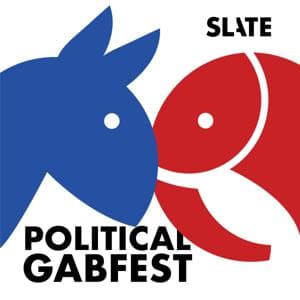Yoel is joined by a mysterious pseudonymous duo called Slime Mold Time Mold, who are proposing a new paradigm for psychology based on principles from cybernetics. This means thinking of the behavior as the result of "governors" (think drives) that are trying to reduce the distance between a set point and the state of the world by motivating you to do stuff. So when you are thirsty, you are highly motivated to drink, and when you need to pee, you are highly motivated to find a toilet. Those are simple examples, but can we use the same principles to explain more complex phenomena like emotion, motivation, personality, mental illness, and more? That is what my guests on this episode are proposing.
Special Guest: Slime Mold Time Mold.
Sponsored By:
- Statistical Horizons: Use the promo code for 20% off any seminar today! Promo Code: BEERS
Links:
- Angel's Envy Bourbons - Kentucky Bourbons
- SLIME MOLD TIME MOLD – Mad Science Blogging
- The Mind in the Wheel
- Review of B. F. Skinner’s Verbal Behavior
- A Supposedly Fun Thing I'll Never Do Again - Wikipedia
- I Palindrome I - YouTube




































